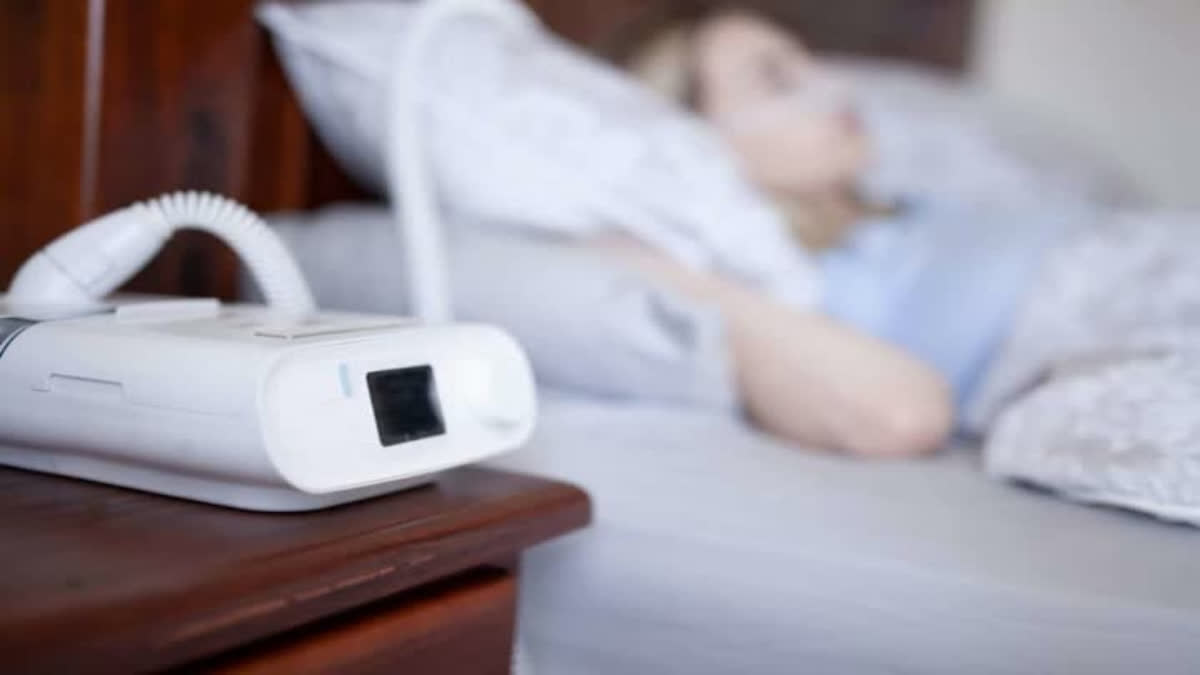New Delhi: Sleep disruptions negatively influence how we react to everyday events, a study analysing 50 years of research on sleep deprivation and mood has found.
Researchers found that sleep disruptions for one or more nights, staying awake for extended periods and shorter sleep durations resulted in fewer positive emotions such as joy, happiness and contentment among participants, in addition to numbing them to emotionally arousing situations.
The researchers, including those from the University of Houston, US, also found that such disturbances to sleep routines heightened anxiety symptoms in the participants, such as a rapid heart rate and increased worrying. They analysed data from 154 studies with 5,715 total participants.
"The implications of this research for individual and public health are considerable in a largely sleep-deprived society. "Industries and sectors prone to sleep loss, such as first responders, pilots, and truck drivers, should develop and adopt policies that prioritize sleep to mitigate against the risks to daytime function and well-being," said Cara Palmer, an assistant professor at Montana State University, US, and co-first author of the study published in the journal Psychological Bulletin.
Palmer said that the study represented the most comprehensive analysis of experimental sleep and emotion research to date, providing strong evidence that sleep disruptions adversely influenced human emotional functioning. In all these 154 studies, scientists disturbed the participants' sleep for one or more nights, or kept them awake for longer durations, or were allowed a shorter-than-typical amount of sleep, or were periodically awakened throughout the night, the researchers said.
They said that each of the past studies also measured at least one emotion-related variable after the sleep manipulation, such as the participants' self-reported mood, their response to emotional stimuli, and measures of depression and anxiety symptoms. Overall, the team found that all these kinds of disruptions to sleep routines led to the individuals feeling fewer positive emotions such as joy, happiness, and contentment and increased anxiety symptoms.
"This occurred even after short periods of sleep loss, like staying up an hour or two later than usual or after losing just a few hours of sleep," said Palmer. "We also found that sleep loss increased anxiety symptoms and blunted arousal in response to emotional stimuli," said Palmer.
The researchers quoted previous research to have found that more than 30 per cent of adults and up to 90 per cent of teens don't get enough sleep. The researchers said that their study was limited in that majority of the participants were young adults with an average age of 23. They said future research should include a more diverse age sample to better understand links between sleep deprivation and age.
Other directions for further research could involve investigating why some people may be more vulnerable than others to sleep loss effects, and recruiting participants from across different cultures for investigation, as the current study largely pertained to individuals from the US and Europe.
"In our largely sleep-deprived society, quantifying the effects of sleep loss on emotion is critical for promoting psychological health," said Palmer.



